Table of contents
- What's the difference between vaping vs smoking?
- What's the difference in lung health when it comes to vaping vs smoking lungs?
- What's more addictive: smoking or vaping?
- How do vaping vs smoking cigarettes compare in terms of health, cost, and daily use?
- Is there a real difference when it comes to vaping weed vs smoking joints?
- What do studies show about lungs from vaping vs smoking?
Whether you're thinking about switching from smoking to vaping, wondering which one is safer, or just curious about how they affect your lungs - the debate around vaping vs smoking is more relevant than ever. From questions like "Is vaping really better for your health?", "Does it help you quit smoking?", or "Can vaping also damage your lungs?" - this guide takes a close look at all the key differences.
In this article, you'll learn:
- what exactly sets vaping and smoking apart,
- how each one affects your lungs,
- which one is more addictive,
- how vaping vs smoking cigarettes compare in daily life and cost,
- and whether vaping weed is actually easier on your body than smoking joints.
We'll also look at current research on lungs from vaping vs smoking and answer common questions about secondhand vapor, popcorn lung, and nicotine-free vaping. No sugarcoating - just the facts, clearly explained.
If you've ever asked yourself "Is vaping actually safe?" or "Am I just swapping one habit for another?" - this article is for you.
What's the difference between vaping vs smoking?
At first, vaping vs smoking might seem like a small difference - both involve inhaling something, and both are linked to nicotine. But how they work and what you breathe in are actually very different.
Smoking means burning tobacco. The smoke from a cigarette contains thousands of chemicals, including tar and carbon monoxide. These are the things that make smoking so harmful.
Vaping works without fire. A small device heats up a liquid (called vape juice or e-liquid) and turns it into vapor. This vapor usually contains nicotine, flavoring, and other additives - but fewer toxic substances than cigarette smoke.
Still, vaping vs smoking isn't just about smoke vs vapor. It's also about how each method affects your body, your habits, and the people around you. And while many see vaping as the "safer" option, it doesn't mean it's completely safe.

What's the difference in lung health when it comes to vaping vs smoking lungs?
Let's be honest - your lungs aren't fans of either.
When you smoke a cigarette, you're breathing in real smoke from burning tobacco. That smoke doesn't just disappear - it goes straight into your lungs and brings thousands of harmful chemicals with it. Things like tar and carbon monoxide stick around in your body and can build up over time. That's why smokers often deal with coughing, shortness of breath, or more serious issues like lung cancer or COPD.
Now, let's look at vaping. There's no fire involved, which means no smoke. Instead, you inhale vapor from a heated liquid. Because there's no combustion, you skip the tar and many of the toxic byproducts of burning. That sounds like a win, right?
Well, kind of. Just because there's less junk doesn't mean it's totally safe. Vape liquids still contain nicotine and other ingredients that can irritate your lungs. Some people get a sore throat, tight chest, or a dry cough from vaping too often. And since vaping is still pretty new, we don't fully know what it does to your lungs in the long run.
So, vaping vs smoking lungs? Vaping might be less harsh - but it's not harmless. If your lungs could talk, they'd ask for a break from both.
What's more addictive: smoking or vaping?
Both smoking and vaping can get you hooked - fast.
That's mostly because of nicotine, the main ingredient in cigarettes and many vape liquids. Nicotine makes your brain feel good for a little while, but your body quickly wants more. That's how the cycle starts.
With smoking, nicotine hits your brain really quickly. It gives you a rush, but it also fades fast - so you light up another cigarette. Many smokers end up needing one just to feel "normal" throughout the day.
Vaping works a bit differently. The nicotine still gets into your system, but you can control how much and how often. That sounds like a good thing - but here's the catch: some vape liquids actually have more nicotine than cigarettes. And because it's easy to take just one more puff, many people end up using it more often than they realize.
So what's more addictive: smoking or vaping? It depends on how you use them - but both can turn into a habit really quickly. And once your body gets used to nicotine, quitting isn't easy.
How do vaping vs smoking cigarettes compare in terms of health, cost, and daily use?
When people talk about vaping vs smoking cigarettes, they often want to know: which one is better? The truth is, both have downsides - but here's a quick side-by-side look to help you understand the key differences:
| 🔍 Aspect | 🚬 Smoking Cigarettes | 💨 Vaping |
|---|---|---|
| Health risks | High - smoke contains tar, carbon monoxide, and many toxins | Lower - no smoke, but still contains chemicals |
| Smell | Strong, sticks to clothes and breath | Light, often smells like fruit or candy |
| Cost | Gets expensive fast due to high taxes | Cheaper in the long run, but device costs upfront |
| Convenience | Limited - not allowed in many places | More flexible, often allowed indoors |
| Addiction risk | Very high - fast nicotine hit | Also high - some liquids contain even more nicotine |
| Social perception | Often seen as outdated or unpleasant | Viewed as more modern or acceptable by some |
So, in the vaping vs smoking cigarettes discussion, vaping might seem like the "better" choice - but it's not risk-free. Both can be addictive and harmful in their own way.
Is there a real difference when it comes to vaping weed vs smoking joints?
Definitely - and it's more than just a trend.
When people compare vaping weed vs smoking joints, they usually want to know: does it feel different? Is it better for your lungs? And is one more effective than the other?
The biggest difference is how the weed is heated. Smoking a joint means setting it on fire. That burns the plant and creates real smoke - along with THC, you also inhale tar, ash, and lots of other stuff that's tough on your lungs.
Vaping, on the other hand, uses lower temperatures. The weed doesn't burn - it just gets hot enough to release THC and other cannabinoids as vapor. That means:
- There's no combustion, so no ash or smoke
- It's usually gentler on your throat and lungs
- You get a cleaner, more natural taste
- Many people say they need less weed to feel the same effect
Vaping can also be more discreet. There's less smell, and no visible smoke. For people who want to use cannabis without drawing too much attention, that's a big plus.
But not everyone loves it. Some say the high feels different - lighter or shorter. Others miss the ritual of rolling a joint, or simply enjoy the old-school vibe.
So in the end, vaping weed vs smoking joints is a personal choice. If you care about lung health or just want to taste the full flavor of your strain, vaping might be worth a try. If you're all about tradition and don't mind the smoke, joints still do the job.
What do studies show about lungs from vaping vs smoking?
So, what do we actually know about lungs from vaping vs smoking? The science is still catching up - but here's what researchers have found so far.
Smoking is clearly harmful. It damages the lungs over time, causes inflammation, and fills the airways with tar and toxins. That's why long-term smokers often develop serious problems like chronic bronchitis, reduced lung function, or even lung cancer.
Vaping is newer, so we don't have as much long-term data. But early studies suggest that it's less damaging than smoking - mainly because there's no combustion, and fewer harmful chemicals are released. Still, "less harmful" doesn't mean safe.
Researchers have seen signs of lung irritation in some people who vape a lot. Some have developed coughs, tight chest, or breathing issues. There have even been rare cases of lung injuries linked to certain vape products, especially black-market ones.
So when we talk about lungs from vaping vs smoking, it's a bit like comparing bad and worse. Vaping might cause fewer problems - but your lungs still take a hit. And the healthiest option? Always fresh air.
So, what's the final verdict?
When it comes to vaping vs smoking, there's no perfect choice - but there are differences that matter.
Vaping usually has fewer harmful substances, especially for your lungs. It smells less, can cost less, and is more socially accepted in many places. But it's still addictive, and we don't know everything about the long-term effects yet.
Smoking is the old classic, but it's also the more dangerous one. The risks for your body - especially your lungs - are well known and serious.
If you're trying to decide between the two, vaping might be the "less bad" option. But honestly? Your body would probably choose neither.
And if you're thinking about quitting - whether it's smoking or vaping - that's a great step. Talk to your doctor, look into support programs, and give yourself time. Your lungs will thank you.
FAQs
Is vaping really better for your lungs than smoking?
Vaping is usually less harmful than smoking because it doesn't involve combustion. That means no tar or smoke. But it still isn't harmless - the vapor can irritate your lungs, and long-term effects are still being studied.
Can vaping help me quit smoking?
Some people use vaping as a step toward quitting cigarettes. It can help reduce cravings, but many users end up switching one habit for another. If you want to quit completely, nicotine-free options or medical support might work better.
Is vaping addictive even without nicotine?
Nicotine-free vaping is not physically addictive, but the habit and routine of vaping can still create a psychological dependency for some people - especially when it's done regularly or socially.
What's the difference between vaping weed and smoking joints?
Vaping weed uses lower temperatures and doesn't produce smoke, which makes it easier on your lungs. You also get a cleaner taste. Smoking joints gives a stronger smell and traditional experience but involves more harmful byproducts due to combustion.
Can secondhand vapor affect other people?
Secondhand vapor is less harmful than cigarette smoke, but it's not completely harmless. It may still contain small amounts of nicotine and other substances. It's best to avoid vaping around children or people with breathing issues.




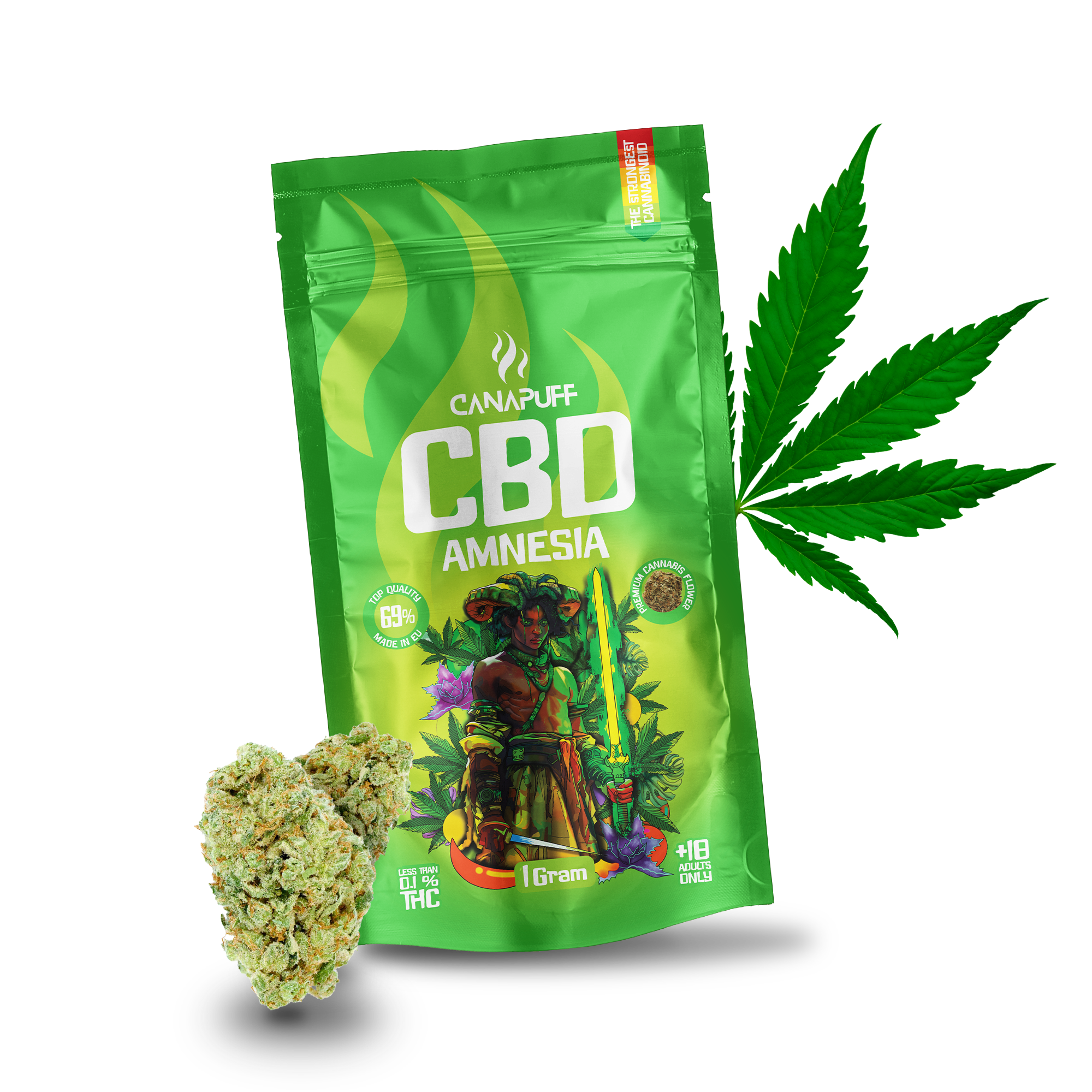
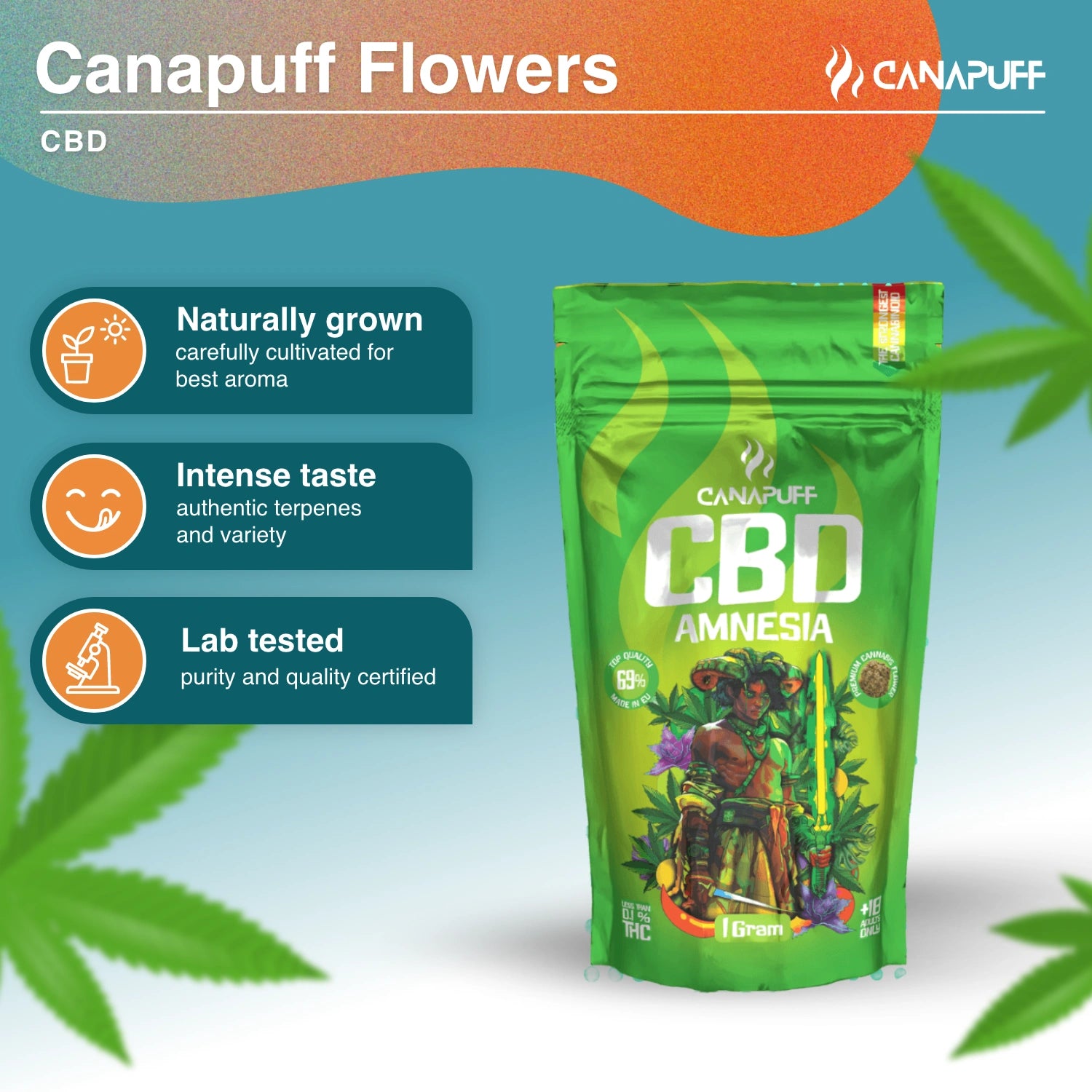
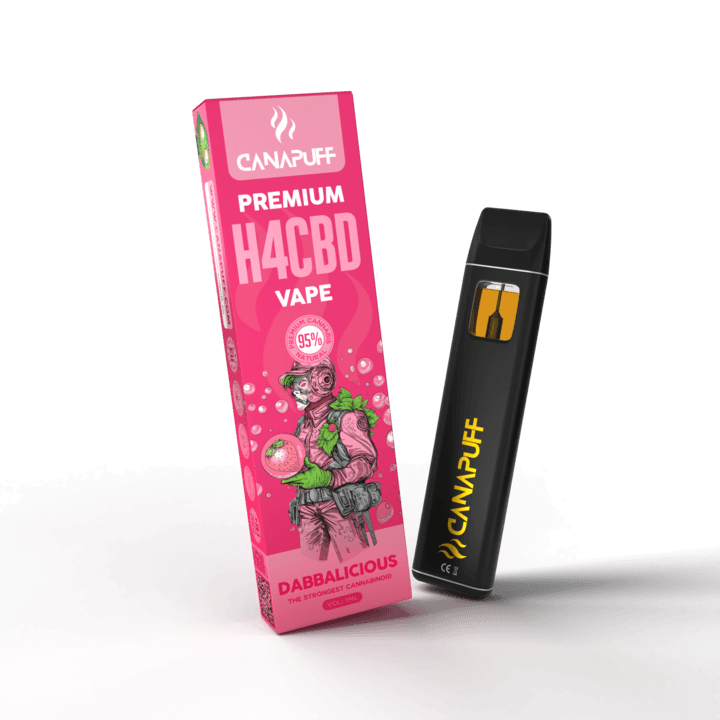
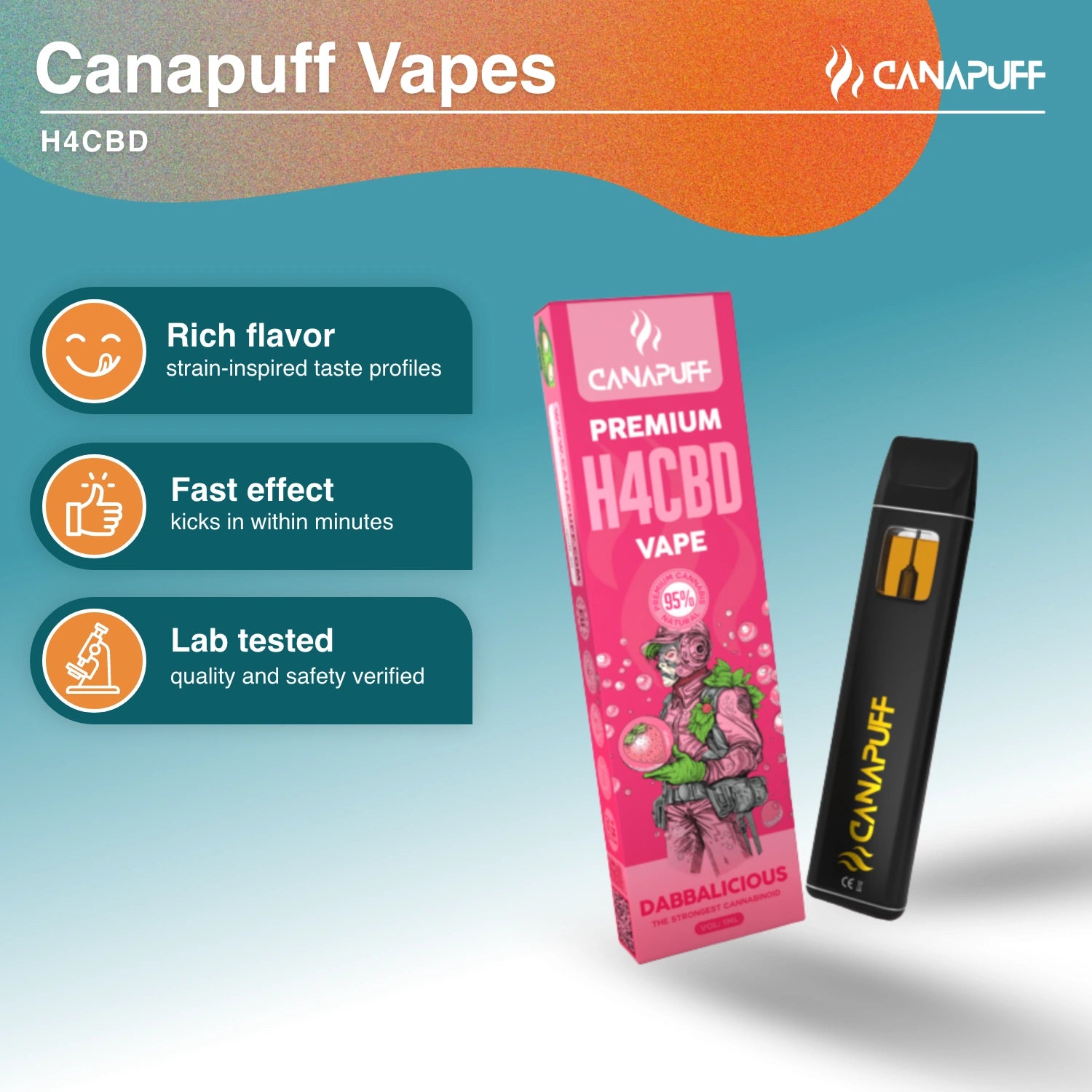



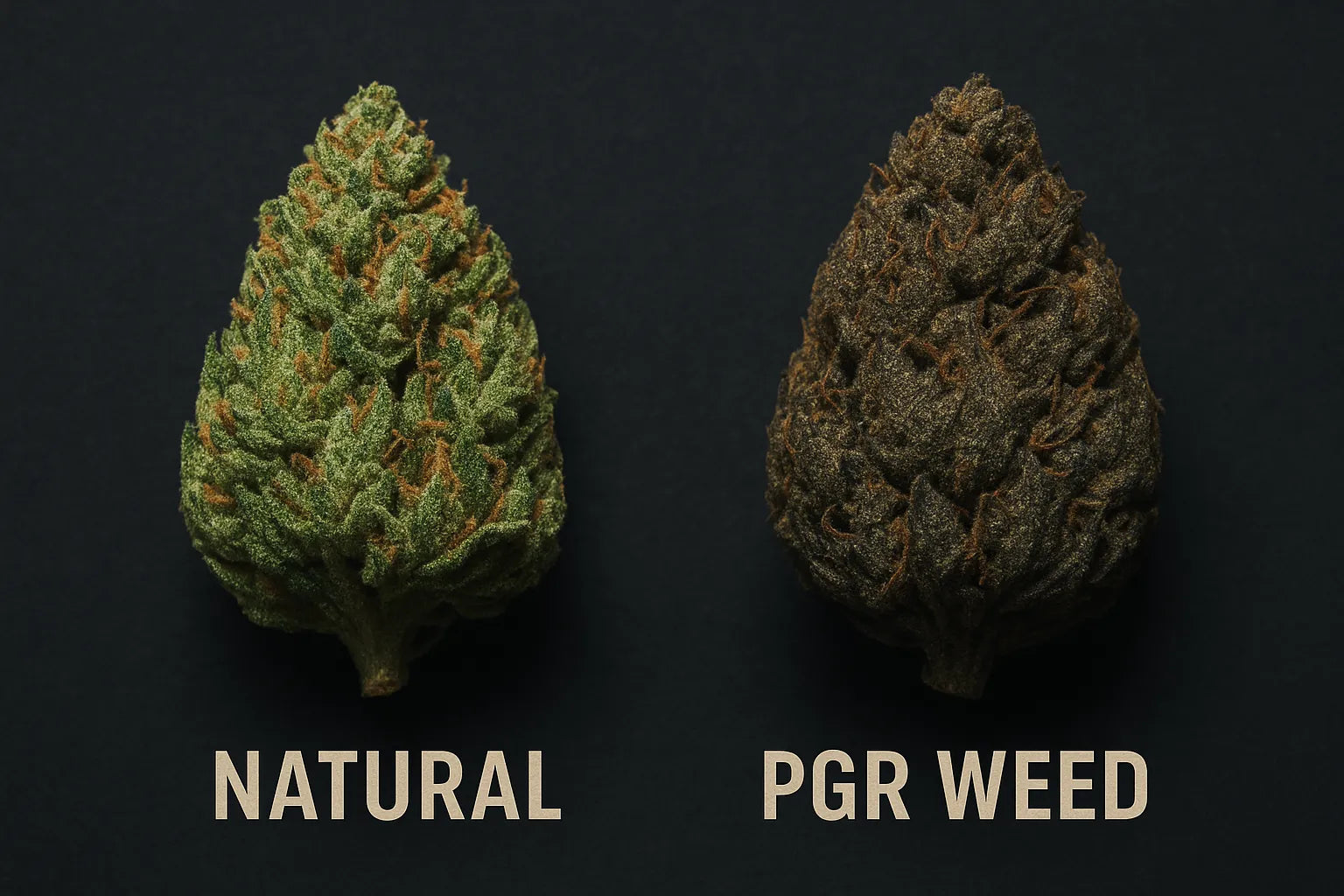

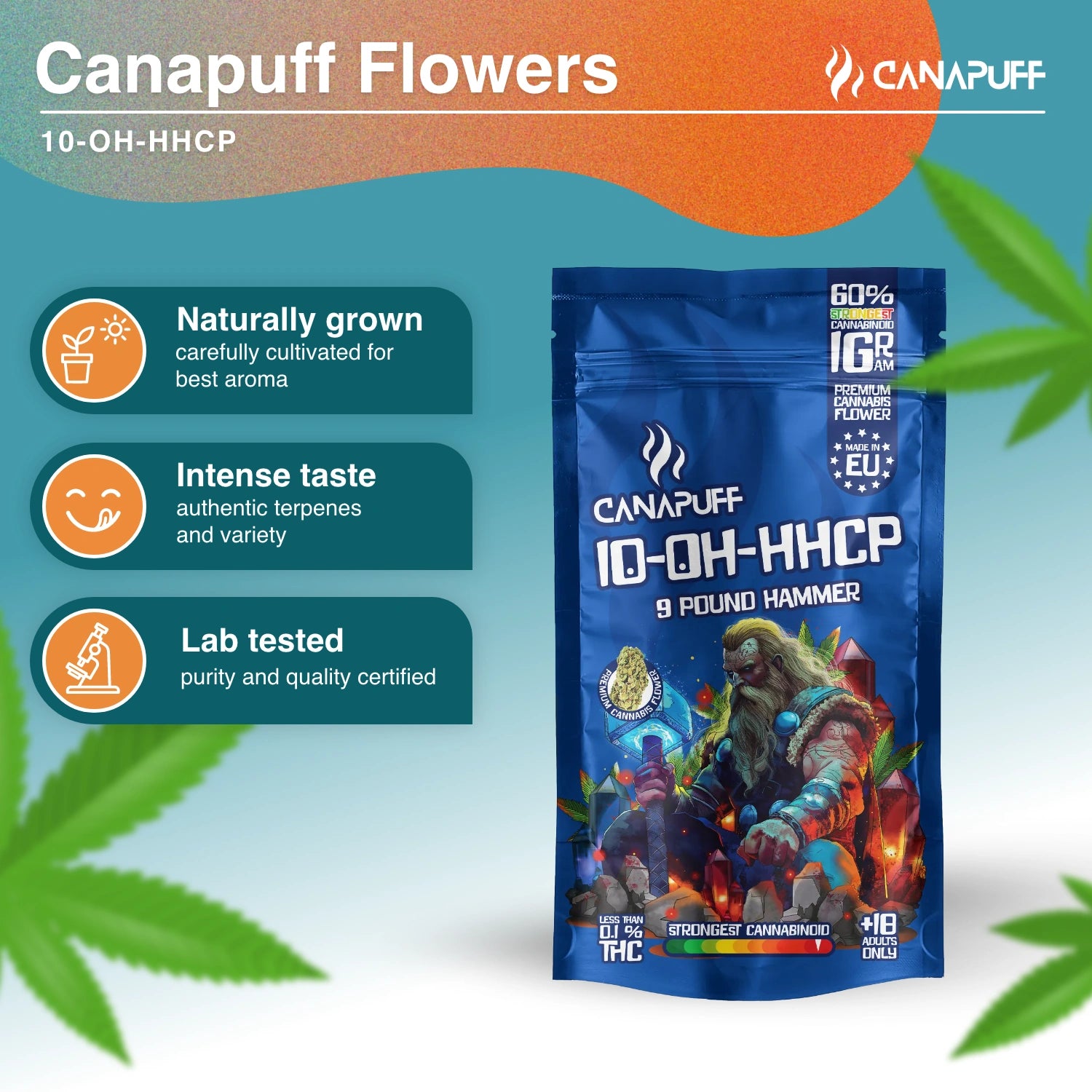

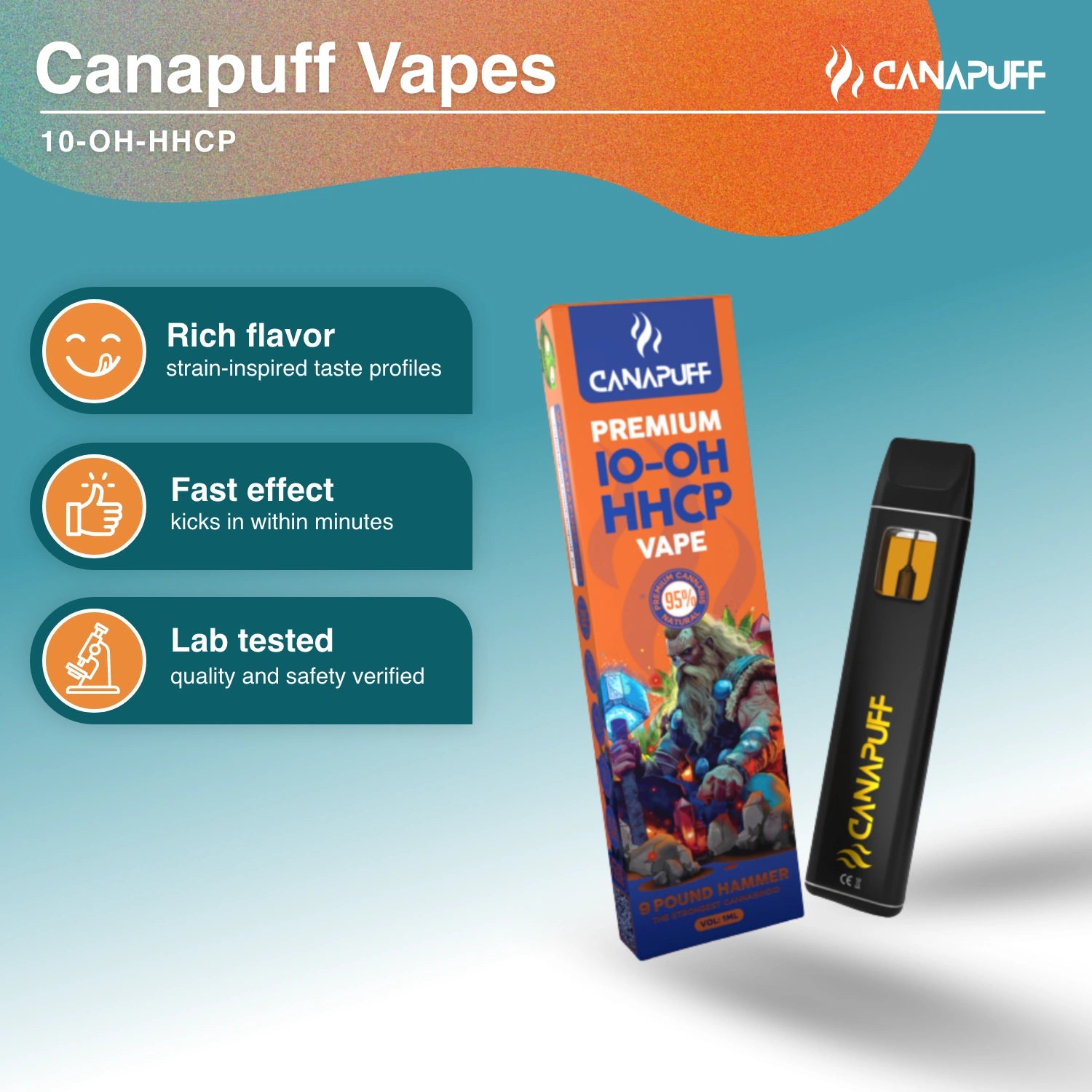







Leave a comment
This site is protected by hCaptcha and the hCaptcha Privacy Policy and Terms of Service apply.